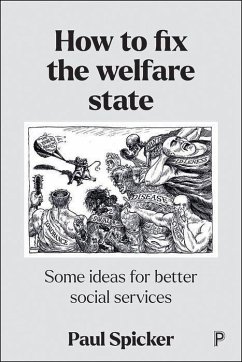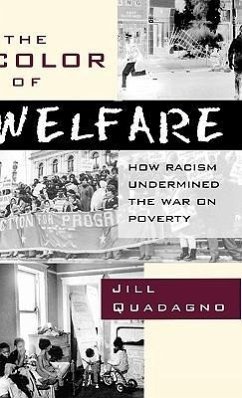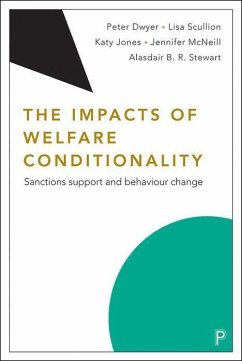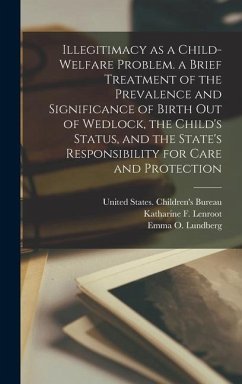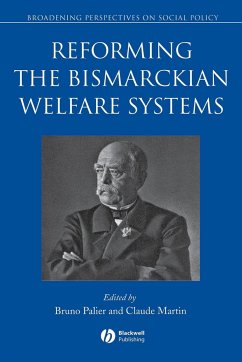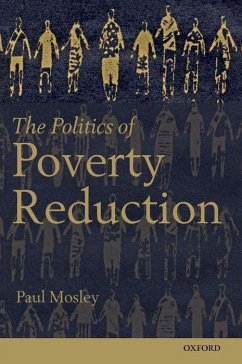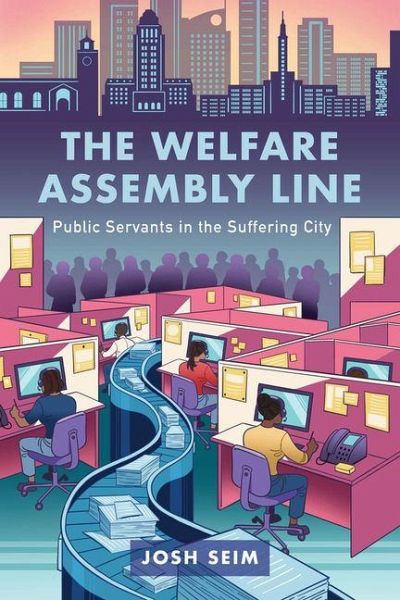
The Welfare Assembly Line
Public Servants in the Suffering City
Versandkostenfrei!
Erscheint vorauss. 10. März 2026
80,99 €
inkl. MwSt.
Weitere Ausgaben:

PAYBACK Punkte
40 °P sammeln!
Despite claims that we live in a "post-welfare society," welfare offices remain vital not only for those who depend on them for benefits but also for those who depend on them for a paycheck. This book, a theory-driven case study of the Los Angeles County Department of Public Social Services, examines how welfare work has transformed to allow a department of just 14,000 to serve more than a third of the county. Josh Seim argues that frontline workers at this agency--who are mostly Black and Brown women--have become increasingly proletarianized. Their work is defined less by their discretion and...
Despite claims that we live in a "post-welfare society," welfare offices remain vital not only for those who depend on them for benefits but also for those who depend on them for a paycheck. This book, a theory-driven case study of the Los Angeles County Department of Public Social Services, examines how welfare work has transformed to allow a department of just 14,000 to serve more than a third of the county. Josh Seim argues that frontline workers at this agency--who are mostly Black and Brown women--have become increasingly proletarianized. Their work is defined less by their discretion and more by a lack of control over the productive process. This is enabled by a "welfare assembly line," where a high division of labor and heavy use of machinery resemble production regimes in factories and fast-food restaurants. With implications beyond the welfare office, The Welfare Assembly Line is a crucial addition to the broader national conversation about work, social policy, and poverty governance.



